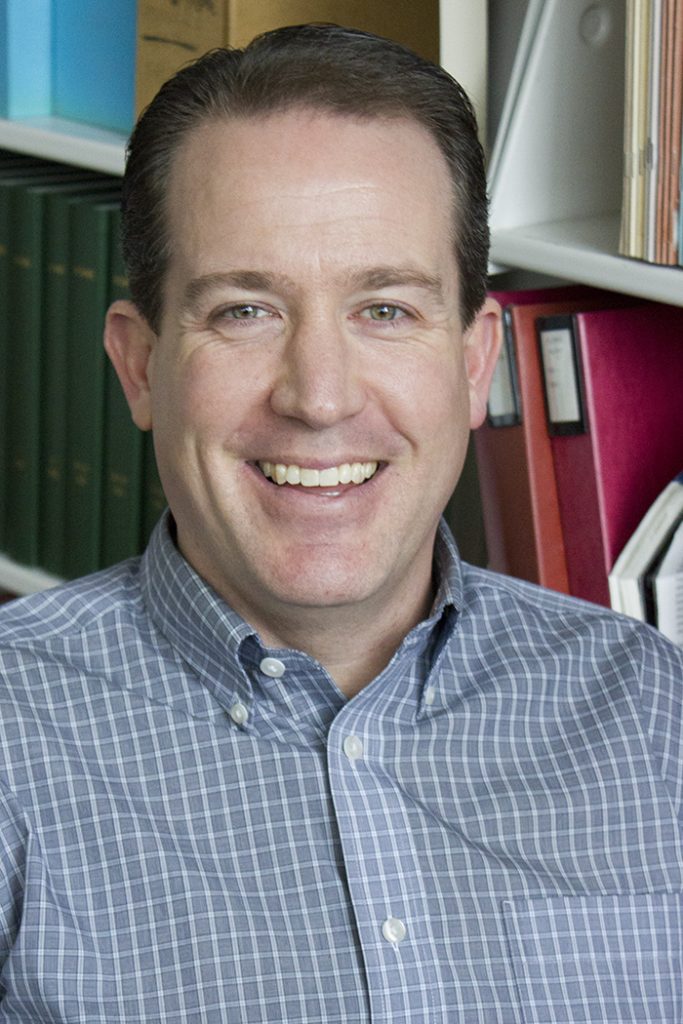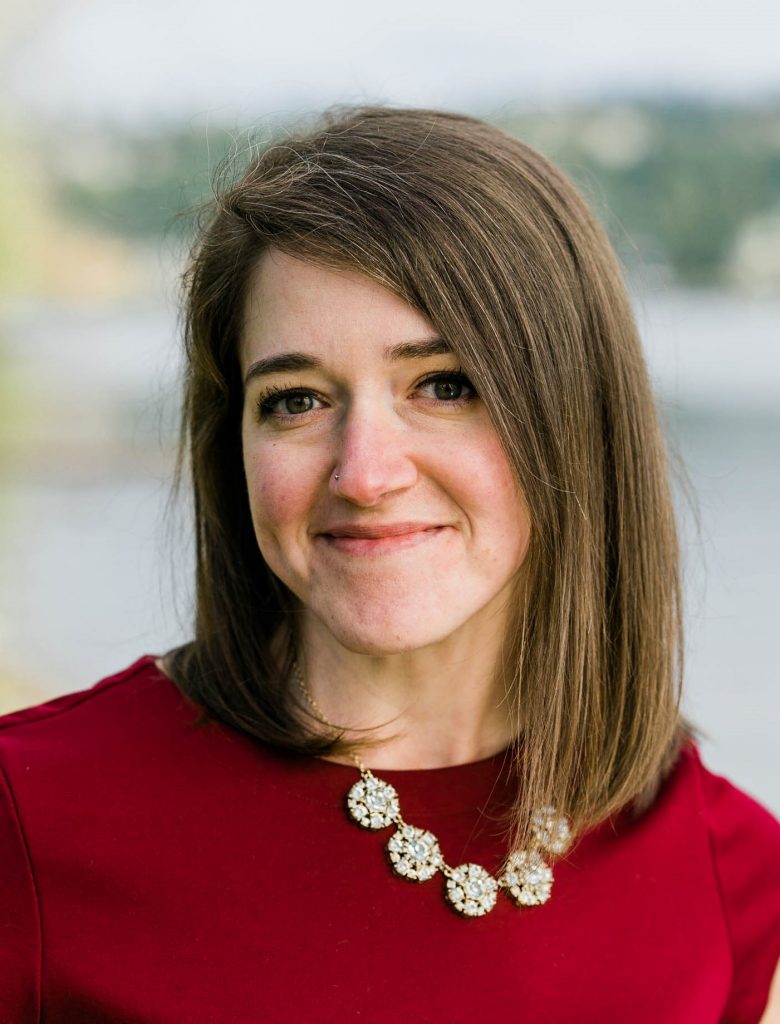ADAI Researchers Bryan Hartzler and Mandy Owens Receive Garvey Institute Innovation Grants
11/21/2023The UW Medicine Garvey Institute for Brain Health Solutions is funding 12 new partnerships that will develop and test new ways to extend the impact of mental health professionals in Washington.
Two of these awards will go to ADAI projects:

Implementing Contingency Management in a Supportive Housing Context to Promote Resident Well-Being
Principal Investigator: Bryan Hartzler, PhD
Supportive housing is a vital component of long-term recovery from mental health and substance use disorders. A safe living environment where residents can access services such as harm reduction supplies and referral to recovery-oriented activities like peer support groups and workplace re-entry programs, can make a big difference in someone’s recovery and resilience. But how can supportive housing organizations encourage residents to use these services and maximize their benefits?
This project will study one approach, the implementation of contingency management (CM) in supportive housing facilities run by the Downtown Emergency Services Center (DESC). CM is an evidence-based therapy in which a person earns rewards, like cash or other prizes, for demonstrating desired behaviors, such as attending a support group, taking a prescribed medication, or completing workplace re-entry paperwork. It’s often used in the context of a treatment or healthcare setting, but by implementing it in a housing environment, it may help encourage residents to take advantage of available supportive services for their mental health and/or substance use disorders.
This project will involve coordination between ADAI’s Center for Advancing Addiction Health Services (CAAHS), directed by Dr. Hartzler, and the Downtown Emergency Services Center (DESC). This convergence of acute community need, an experienced team offering technical assistance, and an established academic-community partnership represents a unique opportunity to explore the use of CM to increase resident use of beneficial services outside more traditional healthcare settings.
Read more about the CM project.

Assessing Need and Acceptability of a Family Intervention for Individuals with Opioid Use Disorder
Principal Investigator: Mandy Owens, PhD
Many people love someone who uses substances in a harmful way and want to help that person. Family members and friends often are key supports in people seeking and staying engaged in treatment and services. At the same time, family members and friends feel like they lack the skills or support to help their loved one effectively. This may be especially true for opioid use disorder (OUD), where the strongest evidence for treatment is for medication for OUD, but families and friends don’t know how to help their loved ones access and stay on these life-saving medications.
This study’s team will talk with people who are getting medications to treat OUD and ask about the involvement of their family members and friends in their lives and recovery. They will reach out to these key supports to ask how they would want to do a group-based program to help them develop skills and knowledge to support their loved one’s care. These groups would be delivered by nurses with specialized training in OUD and treatment. Group content will be based on an existing, evidence-based treatment designed for family members and will help people understand the role of medications in treating opioid use disorder and teach skills to support their loved one.





